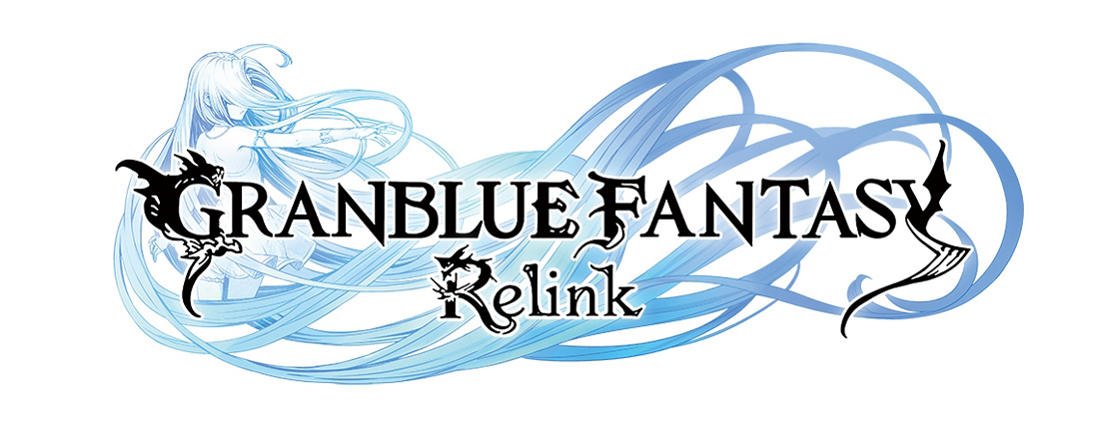Kasz216 said:
theprof00 said:
From what I've read, the Japanese were already ready to surrender and had begun talks up to a full year before the bombs were dropped. The only reason there had not been a surrender was because America demanded the unconditional surrender of Japan, but Japan was only 99.9% willing, with the exception that the emperor be left in power. America said "sorry, that's not your decision". After the bombs were dropped a year later, America accepted the same surrender terms given by the Japanese that full year before. The emperor was left on the throne. We did not get the unconditional surrender that we've been taught the a-bombs garnered. |
That's not true actually. Tied to this actually, most reports of negotiations of surrender come from Russian sources... because this information was delibritly linked to try and prevent russian invasion.
The few offers out there that were real basically involved Japan keeping full soverignty, no war crimes trials, some even asked for land.
In general, among Japan's "Big six" when the war turned there were 3 who wanted to go down fighting... and 3 who wanted to sue for peace.
I belielve the 3 who wanted to go down fighting uncoincidentally all would have been charged with war crimes. (Well those that didn't kill themselves.)
They wanted to grind out the war until they could get out scott free.
|
IV. The Japanese Search for Soviet Mediation
Document 29: "Magic" – Diplomatic Summary, War Department, Office of Assistant Chief of Staff, G-2, No. 1204 – July 12, 1945, Top Secret Ultra
Source: Record Group 457, Records of the National Security Agency/Central Security Service, "Magic" Diplomatic Summaries 1942-1945, box 18
Since September 1940, under the covername "Magic," U.S. military intelligence had been routinely decrypting the intercepted cable traffic of the Japanese Foreign Ministry. The National Security Agency kept the 'Magic" diplomatic and military summaries classified for many years and did not release the series for 1942 through August 1945 in its entirety until the early 1990s. This summary includes a report on a cable from Japanese Foreign Minister Shigenori Togo to Ambassador Naotake Sato in Moscow concerning the emperor's decision to seek Soviet help in ending the war. Not knowing that the Soviets had already made a commitment to its Allies to declare war on Japan, Tokyo fruitlessly pursued this option for several weeks. The "Magic" intercepts from mid-July have figured in Gar Alperovitz's argument that Truman and his advisers recognized that the emperor was ready to capitulate if the Allies showed more flexibility on the demand for unconditional surrender. This point is central to Alperovitz's thesis that top U.S. officials recognized a "two-step logic" that moderating unconditional surrender and a Soviet declaration of war would have been enough to induce Japan's surrender without the use of the bomb.[22]
Document 32: Cable to Secretary of State from Acting Secretary Joseph Grew, July 16, 1945, Top Secret
Source: Record Group 59, Decimal Files 1945-1949, 740.0011 PW (PE)/7-1645
The draft of the proclamation to Japan that reached Truman contained language that modified unconditional surrender by promising to retain the emperor. When former Secretary of State Cordell Hull learned about that development he outlined his objections to Secretary of State Byrnes. The latter was already inclined to reject that part of the draft but Hull’s arguments may have reinforced his decision.
Document 33: "Magic" – Diplomatic Summary, War Department, Office of Assistant Chief of Staff, G-2, No. 1210 – July 17, 1945, Top Secret Ultra
Source: Record Group 457, Records of the National Security Agency/Central Security Service, "Magic" Diplomatic Summaries 1942-1945, box 18.
Another intercept of a cable from Togo to Sato shows that the Foreign Minister rejected unconditional surrender and that the emperor was not “asking the Russian’s mediation in anything like unconditional surrender.” Incidentally, this “Magic’ Diplomatic Summary” indicates the broad scope and capabilities of the program; for example, it includes translations of intercepted French messages (see pages 8-9). [Page 14 missing from original]
Wrong?
Japan would have accepted unconditional surrender except for the removal of the emperor. I can repeat that again if you'd like.
We didn't get our information from Russia, we got it by intercepting cables TO Russia.
Just read the documents, every single time, the ONE argument that prevented negotiation was removal of the emperor.




























































